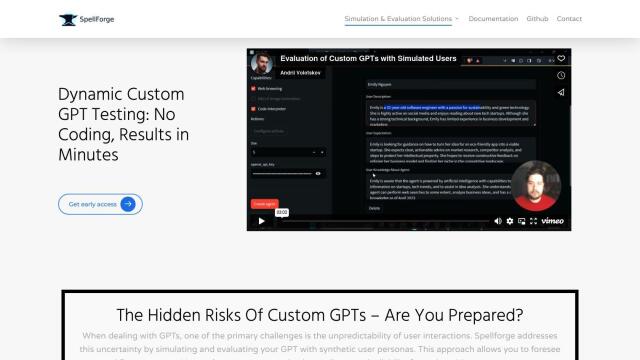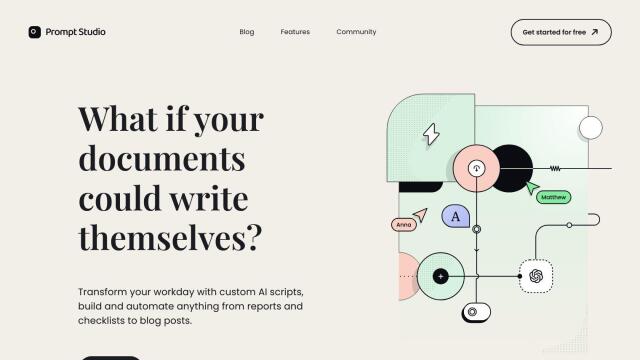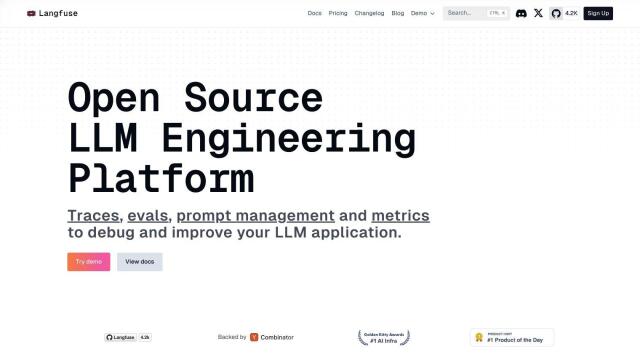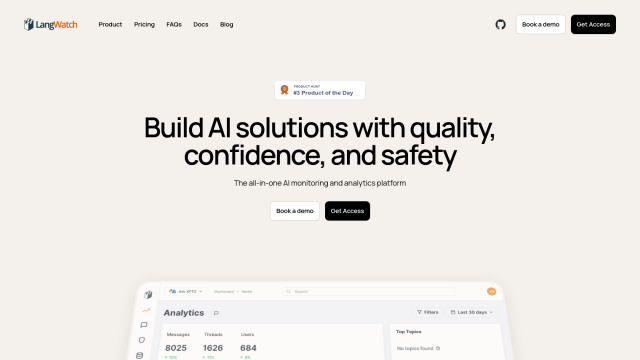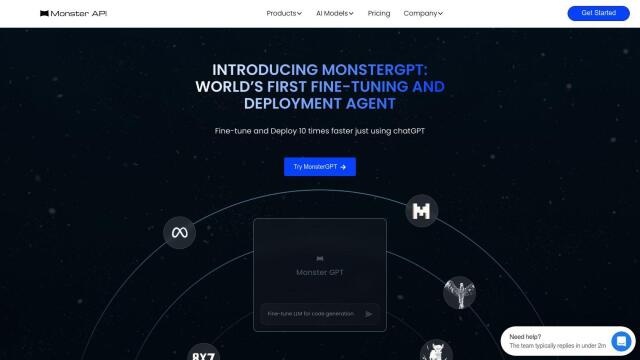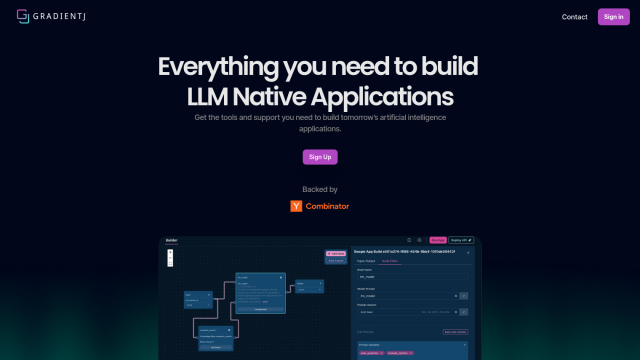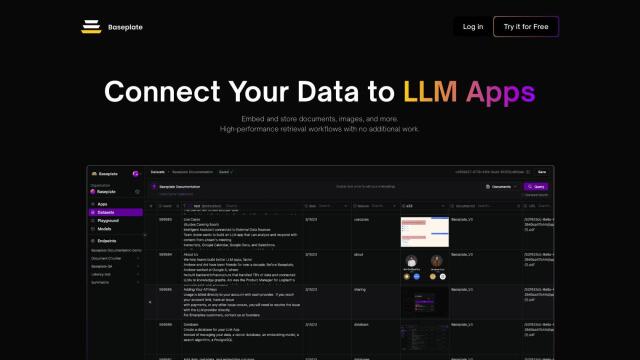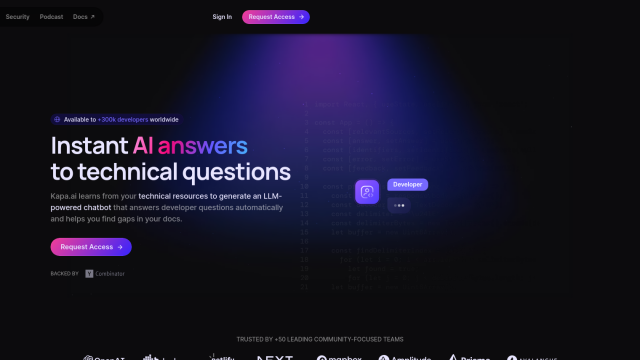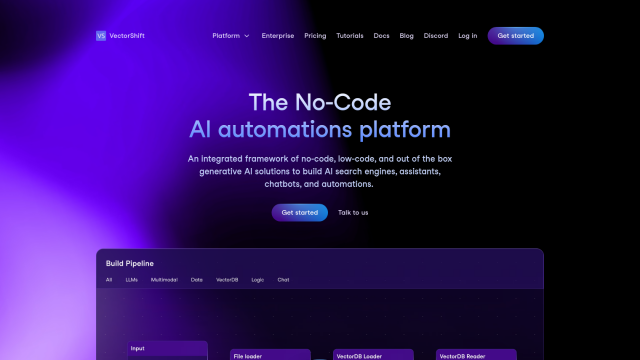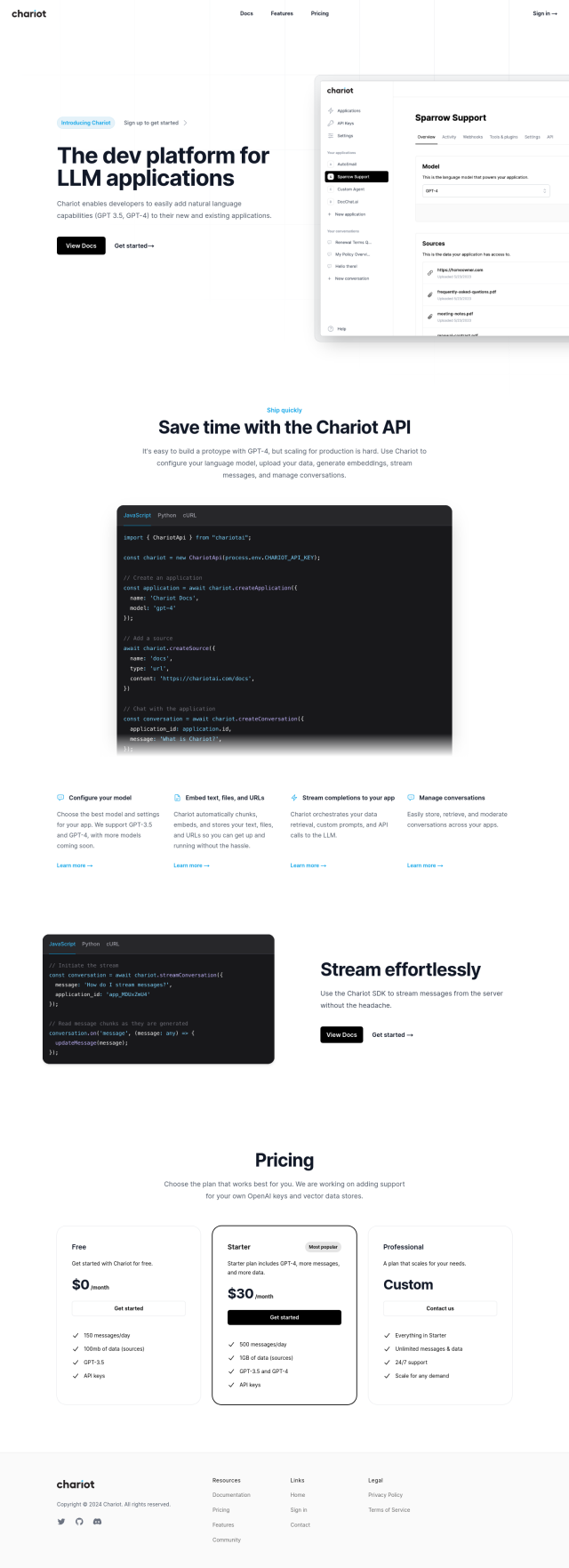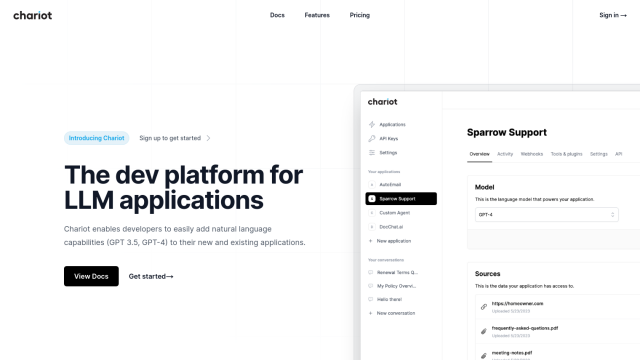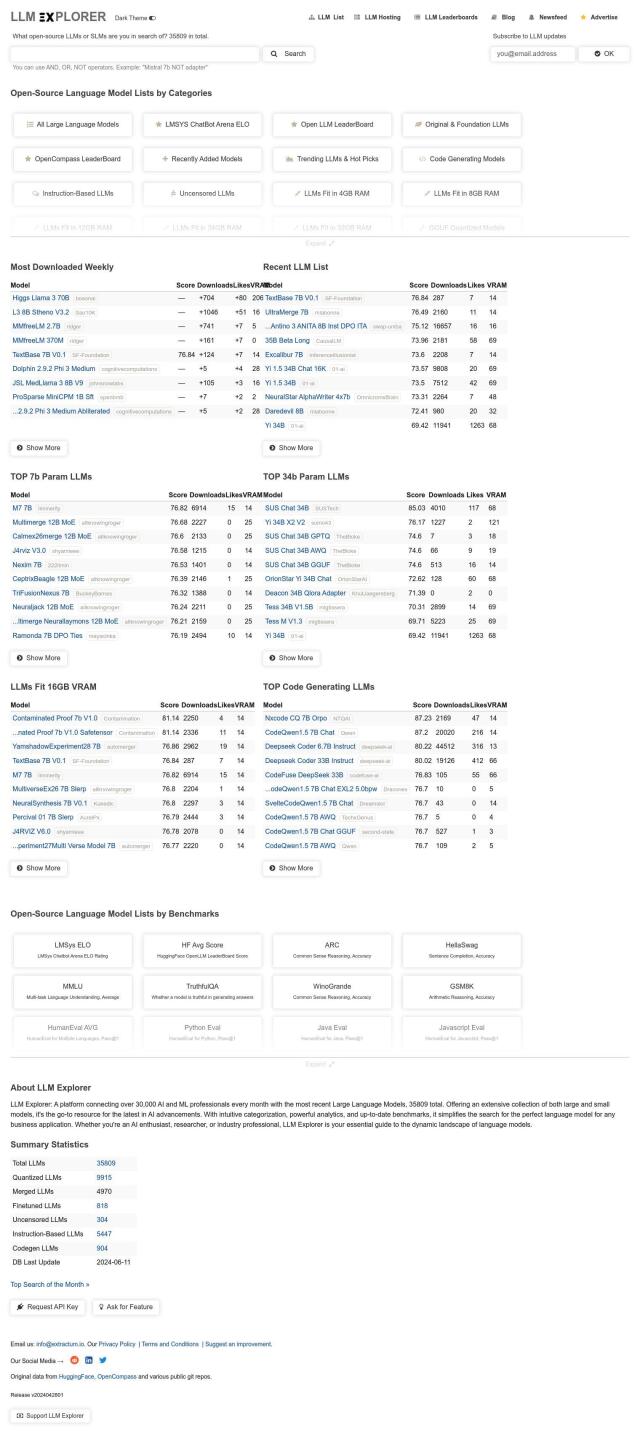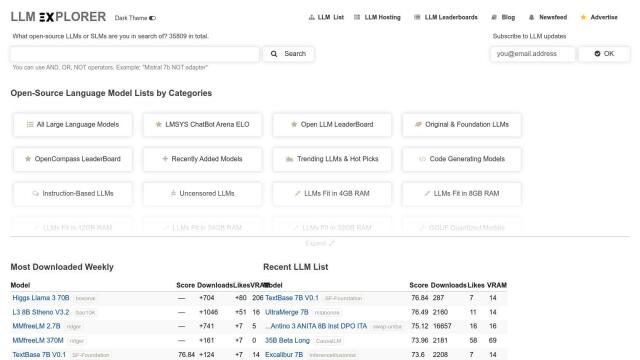Question: Is there a way to automate testing and improvement of my language model's performance?

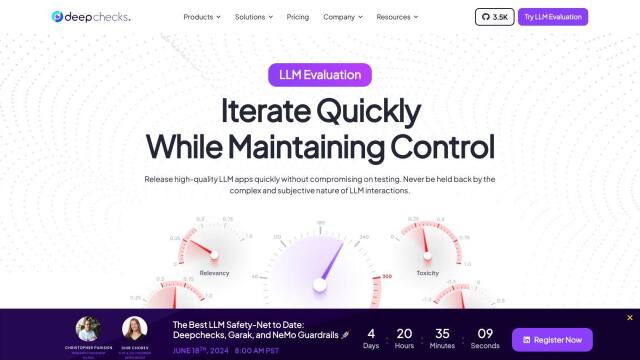
Deepchecks
If you want to automate testing and optimize your language model performance, Deepchecks is a good place to start. It's a suite of tools designed to help you quickly and easily build high-quality LLM applications. Deepchecks automates evaluation, tracks LLM performance and offers features like version comparison and custom properties for more advanced testing. That makes it a good option for developers and teams that want to ensure their LLM-based software is reliable and of high quality from development to deployment.

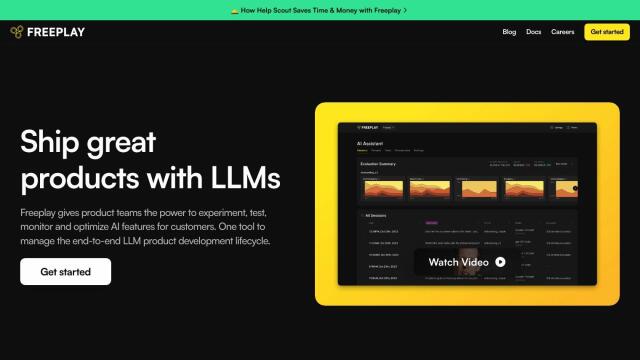
Freeplay
Another good option is Freeplay. It's an end-to-end lifecycle management tool designed to help LLM product teams streamline their development. Freeplay features include automated batch testing, AI auto-evaluations, human labeling and data analysis. It provides a single pane of glass for teams to prototype, test and optimize products. That makes it a good option for enterprise teams that want to move beyond manual and laborious processes, which can save money and speed up development velocity.

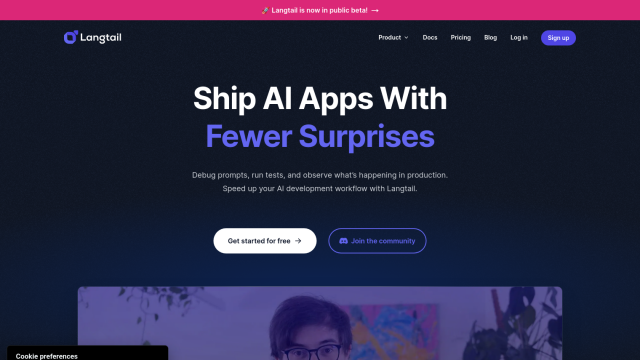
Langtail
If you need a general-purpose tool for testing and deploying LLM prompts, Langtail is a good option. Langtail features include fine-tuning prompts, running tests to ensure you don't get unexpected behavior, and monitoring production performance with rich metrics. The service includes a no-code playground for writing and running prompts, and it supports adjustable parameters, test suites and detailed logging. Langtail is designed to make AI app development easier and more reliable by improving team collaboration and reducing unpredictable behavior.

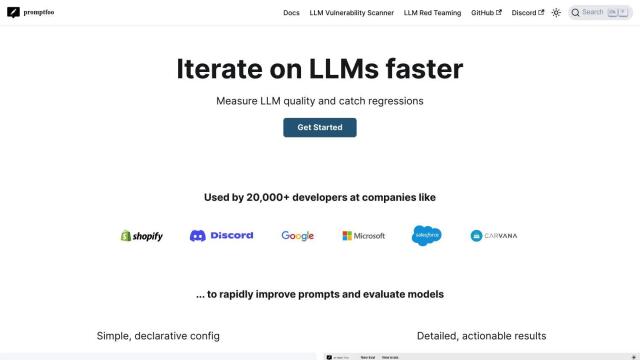
Promptfoo
Finally, Promptfoo is a command-line interface and library for evaluating the quality of LLM output. It supports multiple LLM providers and customizable evaluation metrics. Promptfoo is good for tuning LLM models by finding good prompts and monitoring for regressions. Its open-source and free availability makes it a good option for developers and teams that want to optimize model quality and ensure reliable performance.

